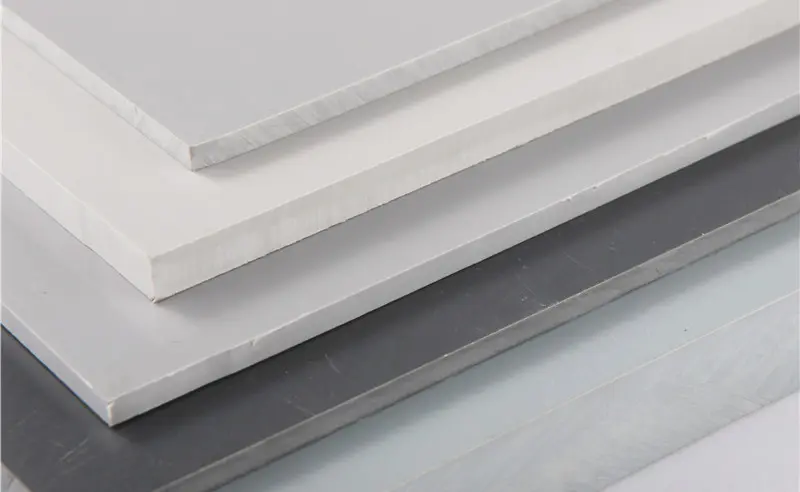Nov . 23, 2024 10:22 Back to list
ppr hot water pipe
Understanding PPR Hot Water Pipes Benefits and Applications
In recent years, PPR (Polypropylene Random Copolymer) pipes have gained significant popularity in the construction and plumbing industries, particularly for hot water applications. Their unique properties and advantages make them an ideal choice for various residential, commercial, and industrial plumbing systems.
What Are PPR Pipes?
PPR pipes are made from a type of polypropylene that has been specifically designed for use in plumbing applications. The random copolymer designation indicates that the molecular structure of the material allows for improved flexibility and strength. This composition results in pipes that are lightweight, durable, and resistant to corrosion, making them suitable for carrying hot and cold water.
Advantages of PPR Pipes for Hot Water Systems
1. High Temperature Resistance One of the most significant benefits of PPR pipes is their capability to withstand high temperatures. They can typically handle temperatures up to 95°C (203°F) without deforming or losing integrity. This makes them particularly well-suited for hot water systems in residential and commercial buildings.
2. Corrosion Resistance Unlike metal pipes, PPR pipes are not susceptible to rust or corrosion. This characteristic extends their lifespan and reduces the likelihood of leaks, which can lead to water damage and costly repairs.
3. Energy Efficiency PPR pipes have low thermal conductivity, which means they retain heat effectively. This quality not only ensures that the hot water reaches its destination at the desired temperature but also contributes to energy savings by reducing heat loss in hot water systems.
4. Easy Installation PPR pipes are lightweight and easy to handle, making the installation process straightforward. They can be welded together using heat fusion techniques, creating a leak-proof and strong joint that enhances the overall reliability of the plumbing system.
ppr hot water pipe

5. Cost-Effective Although the initial cost of PPR piping may be higher than some traditional materials, the long-term benefits of reduced maintenance, energy savings, and durability often outweigh the upfront investment.
Applications of PPR Hot Water Pipes
PPR hot water pipes are versatile and can be used in various applications
- Residential Plumbing They are commonly used in households for hot water supply systems, ensuring efficient delivery and consistent temperature control. - Commercial Buildings In larger establishments such as hotels and office complexes, PPR pipes facilitate the distribution of hot water to restrooms, kitchens, and heating systems.
- Industrial Use Many industries require efficient hot water systems for processing and manufacturing, making PPR pipes an ideal choice due to their reliability and performance under high temperatures.
- Solar Water Heating Systems PPR pipes are also suitable for solar water heating applications, where they can transport heated water from solar collectors to storage tanks or point-of-use fixtures.
Conclusion
PPR hot water pipes represent a modern solution to plumbing challenges faced in various settings. Their resistance to heat, corrosion, and energy-efficient properties make them a preferred choice for contractors and homeowners alike. As the demand for high-performance plumbing materials continues to rise, PPR pipes stand out as a practical, sustainable, and cost-effective option for transporting hot water in residential, commercial, and industrial applications. With their installation growing in popularity, PPR pipes are paving the way for the future of plumbing technology.
-
High-Quality PPR Pipes and Fittings Durable ERA PPR & PVC PPR Solutions
NewsJul.08,2025
-
Black HDPE Cutting Board - Durable, Non-Porous & Food Safe HDPE Plastic Cutting Board
NewsJul.08,2025
-
High-Quality CPVC Panel Durable HDPE & PVC Panels Supplier
NewsJul.08,2025
-
Double PE Welding Rod Supplier - High Strength, Durable & Versatile Welding Solutions
NewsJul.07,2025
-
High-Quality PVC-O Pipe Supplier Durable 75mm PVC Pipe & Connections Leading PVC Pipe Company
NewsJul.07,2025
-
HDPE Drainage Pipe Supplier – Durable & Corrosion-Resistant Solutions
NewsJul.06,2025

